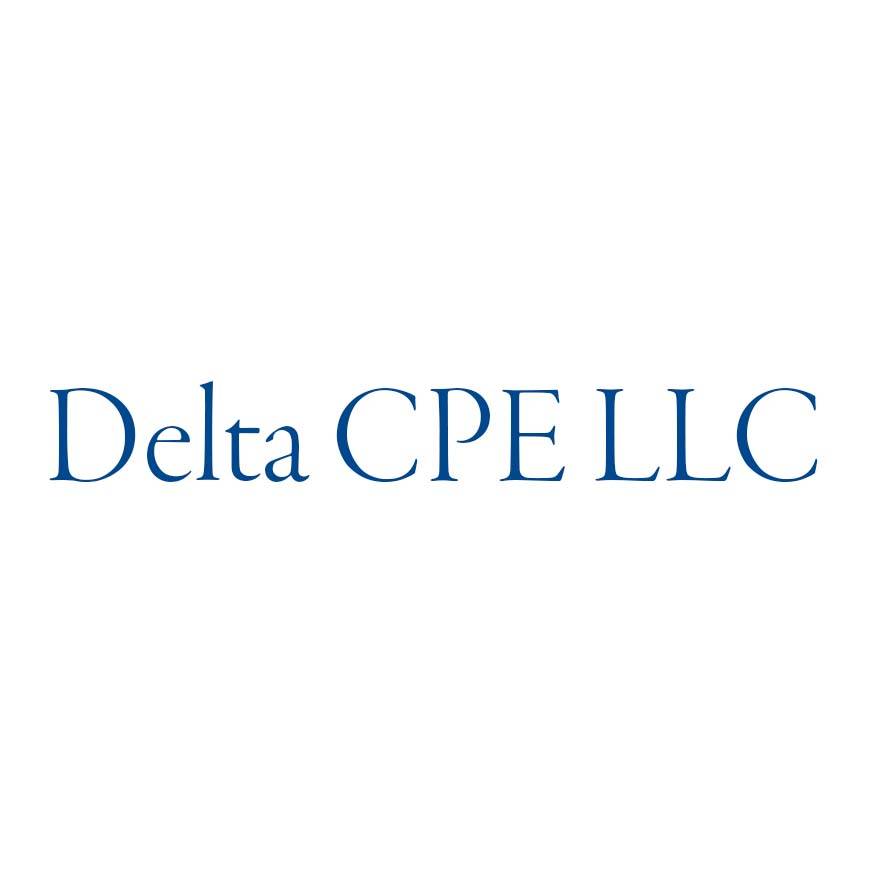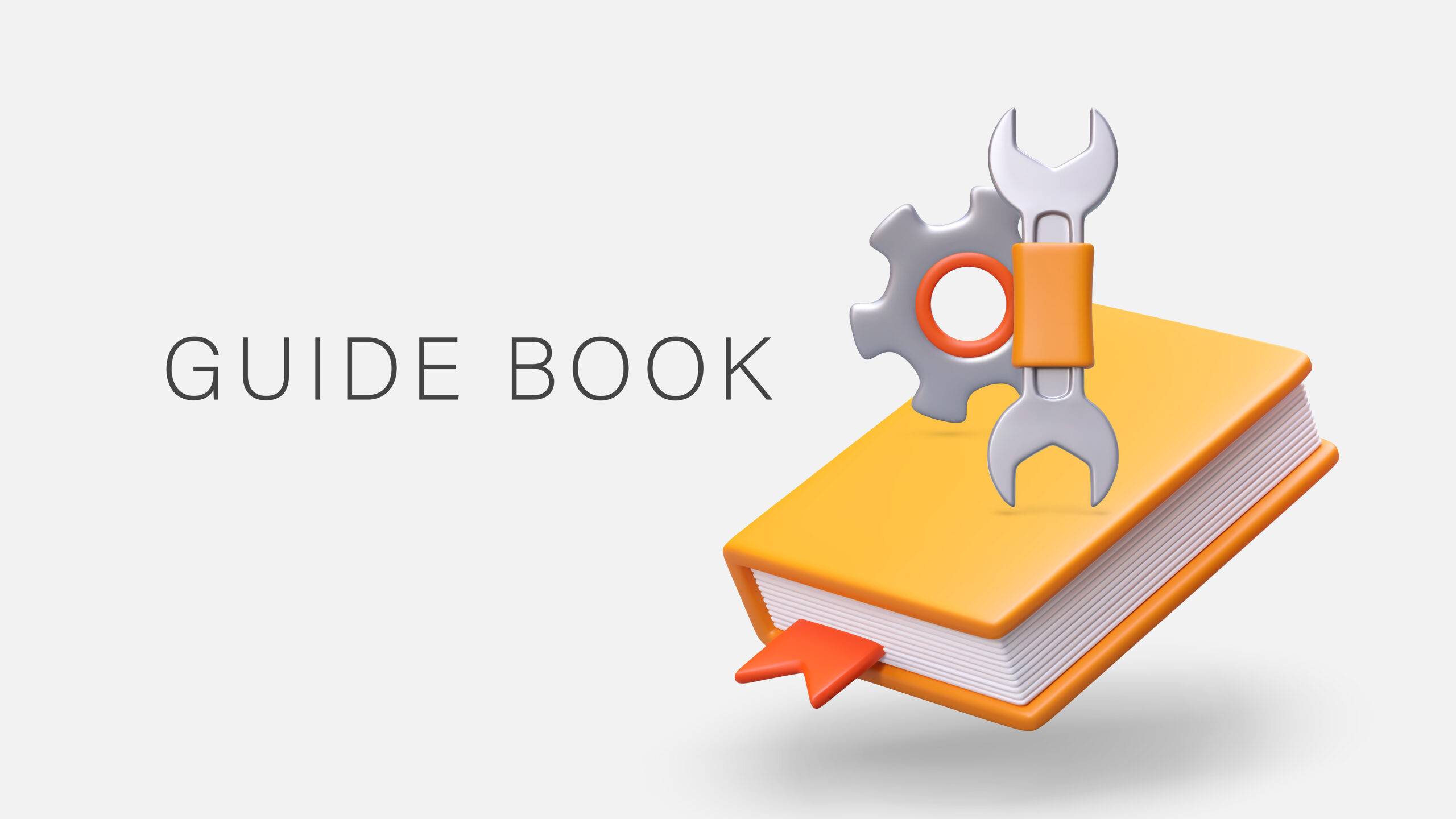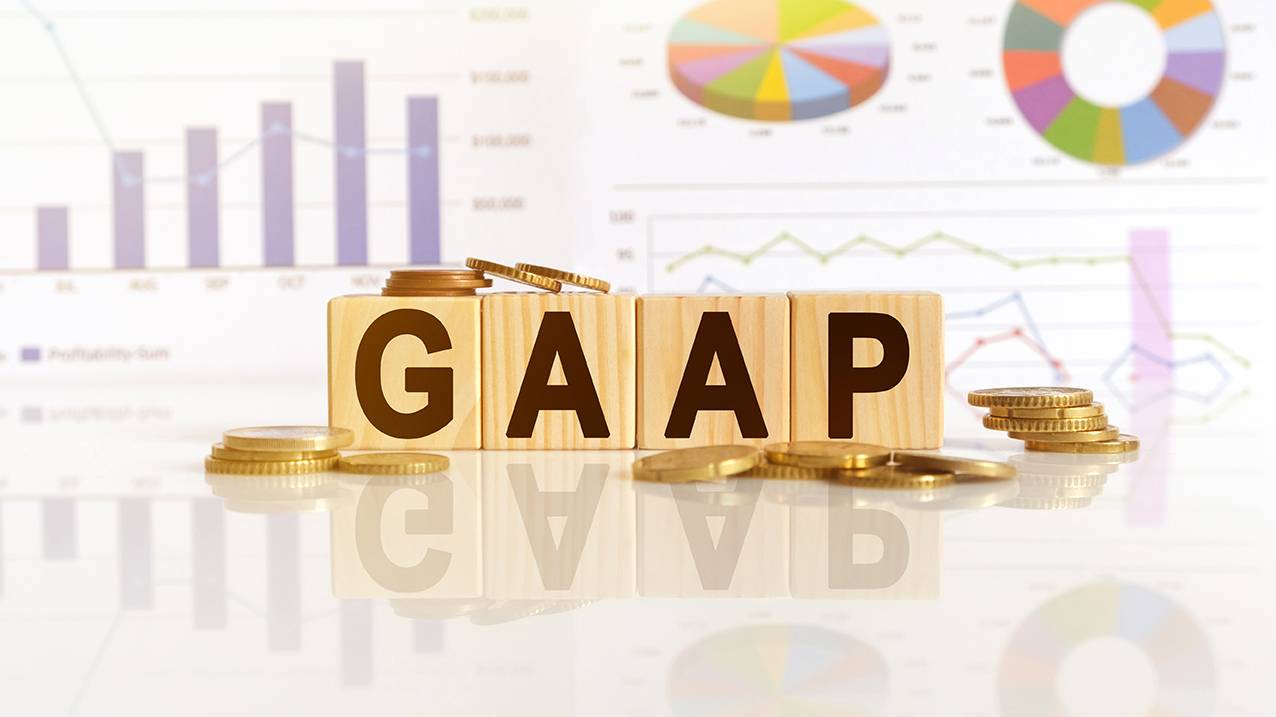Self-Study
Cost Management: Accounting and Control
Cost management strategies including ABC, balanced scorecard, budgeting, and total quality management. Learn to improve your competitive position through cost control and planning.

$351.00 – $391.00
Webcasts are available for viewing Monday – Saturday, 8am – 8pm ET.
Without FlexCast, you must start with enough time to finish. (1 Hr/Credit)
Please fill out the form below and we will reach out as soon as possible.
CPE Credits
13 Credits: Accounting
Course Level
Overview
Format
Self-Study
Course Description
Cost Management: Accounting and Control covers the managerial use of accounting, financial, and operating data for planning, control, and decision making. Emphasis is placed on how to manage costs strategically in order to be globally competitive. The management accounting CPE course is designed for managers and entrepreneurs who seek continuous improvement (CI) strategies. Topics of this cost management accounting CPE course include analysis of costs; job order and process costing; break-even and contribution analysis; activity-based costing (ABC); balanced scorecard, cost allocation; responsibility accounting; budget for profit planning; short-term decisions; capital budgeting; quality costs and total quality management (TQM); inventory management and just in time (JIT).
Learning Objectives
Upon successful completion of this course, participants will be able to:
Chapter 1
- Recognize the nature and scope of cost accounting and cost management.
- Distinguish between cost accounting and its related fields such as managerial accounting and financial accounting.
- Identify the three broad purposes for which the manager needs cost information and the roles of the treasury function.
- Identify developments in the cost accounting and cost management discipline with total quality management and business process engineering.
Chapter 2
- Identify examples of each of the basic cost elements involved in the manufacture of the product.
- Distinguish between variable costs and fixed costs and explain the difference in their behavior.
- Recognize the difference between direct and indirect costs.
- Recognize the usefulness of the contribution approach to income determination and differences between it and the traditional income statement.
Chapter 3
- Recognize classifications for manufacturing costs.
- Identify types of companies that will benefit from process costing and what is involved in process costing.
Chapter 4
- Recognize the problems associated with traditional overhead costing methods.
- Associate different cost drivers with different cost pools.
- Recognize activities in the value chain of business function in activity-based management (ABM).
Chapter 5
- Recognize how the cost-volume-profit analysis is used by management.
- Determine how to calculate the sales necessary to break even or to achieve a target income.
- Compute weighted-average contribution margins.
- Recognize the concept of a margin of safety.
Chapter 6
- Recognize examples of variable costs, fixed costs, and mixed costs.
- Identify methods for estimating the cost-volume formula.
Chapter 7
- Identify the major steps in budget preparation.
- Determine appropriate budget levels.
Chapter 8
- Calculate different variances related to manufacturing costs.
- Recognize responsibility accounting and the managerial significance of these variances.
- Identify the value of the analysis provided by performance reporting.
- Recognize the two-way, three-way, and four-way variance analysis for factory overhead.
Chapter 9
- Recognize how to calculate different variances associated with single and multi-product firms.
Chapter 10
- Understand how to compute return on investment (ROI) and how changes in sales, expenses, and assets affect the investment center’s performance.
- Identify how the residual income (RI) differs from ROI in measuring divisional performance.
- Identify how companies use the Corporate Balanced Scorecard to evaluate performance.
- Recognize the considerations required to determine appropriate transfer prices.
Chapter 11
- Identify the costs that are relevant for a particular decision.
- Recognize attributes in the theory of constraints.
- Identify characteristics of the target costing process for a new product.
Chapter 12
- Identify the impact of the time value of money on capital budgeting decisions.
- Recognize a number of capital budgeting techniques.
Chapter 13
- Recognize how income tax factors affect investment decisions.
- Identify the different types of depreciation methods.
- Recognize the effect of the Modified Accelerated Cost Recovery System (MACRS) on capital budgeting decisions.
Chapter 14
- Recognize how to choose the right system for cost accumulations.
- Distinguish between the weighted-average and first-in, first-out (FIFO) process costing methods.
- Recognize different methods of allocating service department costs to production department work.
Chapter 15
- Identify how total quality management (TQM) in a manufacturing environment is best exemplified.
- Recognize how TQM can work well in a team environment and how quality can be used as a strategic weapon.
Chapter 16
- Recognize the carrying costs and ordering costs associated with inventory management.
- Identify the objectives of the basic economic order quantity (EOQ) model.
Course Specifics
122298018
September 14, 2022
Basic Accounting
None
319
Compliance Information
CMA Notice: Western CPE makes every attempt to maintain our CMA CPE library, to ensure a course meets your continuing education requirements please visit Insitute of Management Accountants (IMA)
CFP Notice: Not all courses that qualify for CFP® credit are registered by Western CPE. If a course does not have a CFP registration number in the compliance section, the continuing education will need to be individually reported with the CFP Board. For more information on the reporting process, required documentation, processing fee, etc., contact the CFP Board. CFP Professionals must take each course in it’s entirety, the CFP Board DOES NOT accept partial credits for courses.
Meet The Experts

For many years, Delta CPE LLC has offered a wide variety of continuing education courses for financial professionals. Topics covered by Delta’s courses include accounting, financial management, budgeting, investments, financial statement reporting, business management, IFRS, ethics, valuations, real estate, and business writing. The diversity and breadth of Delta’s course offerings make the company a prolific and unique contributor to the CPE world. Delta’s well-credentialed authors and contributors have also been published in numerous academic and professional journals and quoted by some of the leading financial media outlets.
Related Courses
-
 Accounting
Accounting
Accountants’ Guidebook
Steven M. Bragg, CPA QAS Self-Study
Credits: 30 $600.00
QAS Self-Study
Credits: 30 $600.00$600.00 – $640.00
-
 Accounting
Accounting
Accounting Fraud: Recent Cases
Joseph Helstrom, CPA QAS Self-Study
Credits: 1 $29.00
QAS Self-Study
Credits: 1 $29.00$29.00 – $49.00
-
 Accounting
Accounting
GAAP Guidebook
Steven M. Bragg, CPA QAS Self-Study
Credits: 29 $580.00
QAS Self-Study
Credits: 29 $580.00$580.00 – $620.00
